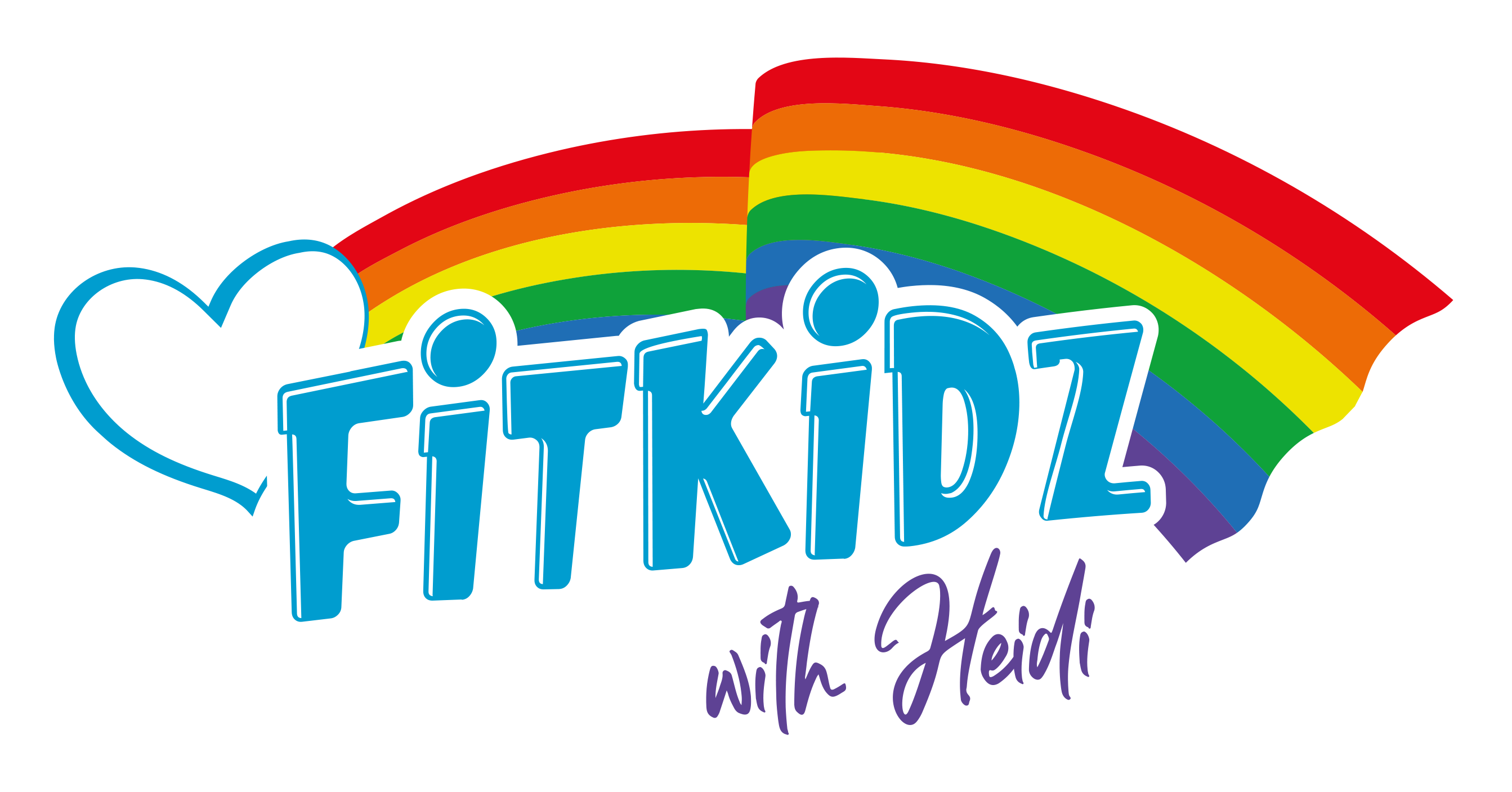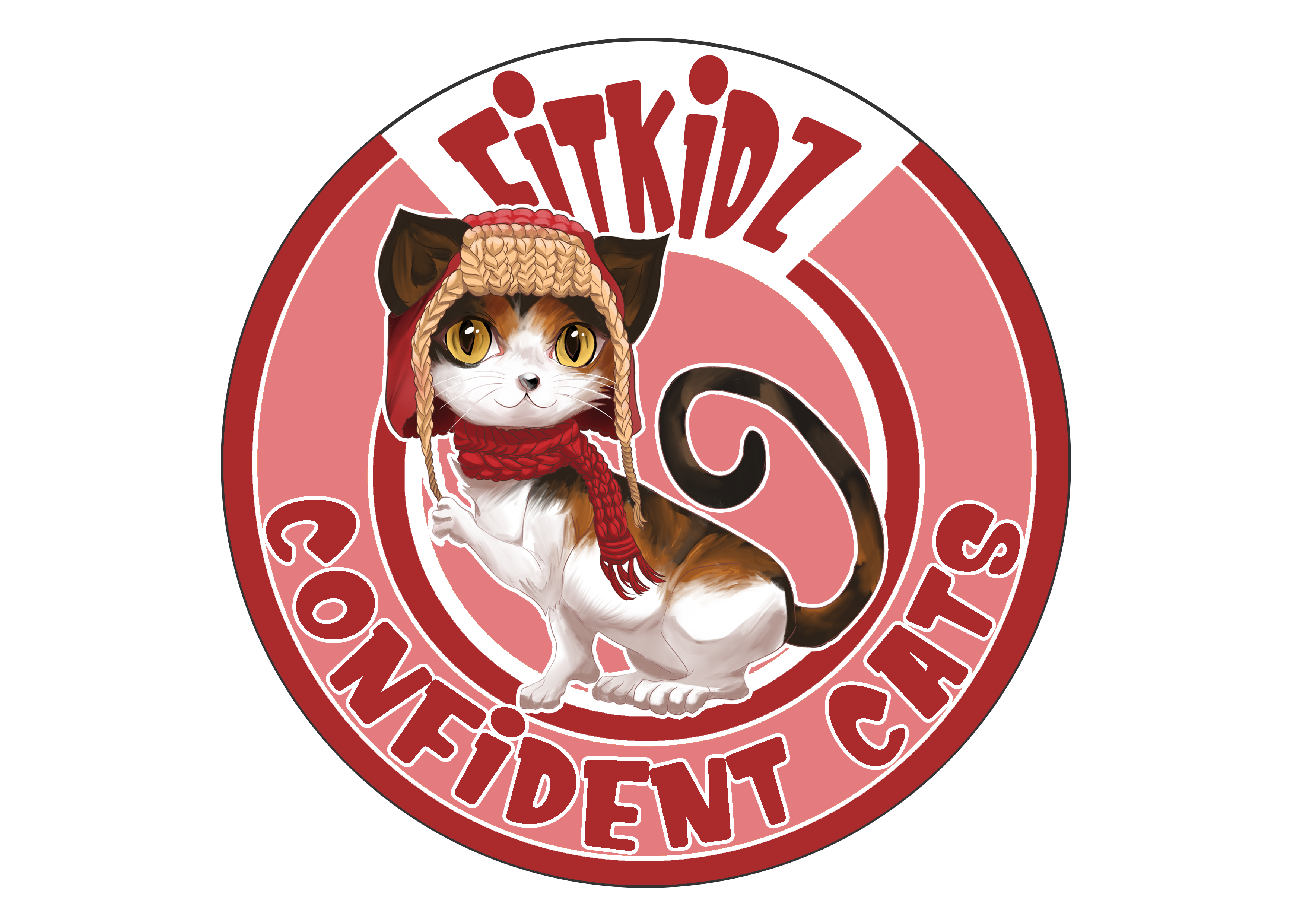
Supports for children and parents during COVID-19
COVID-19 has had a big impact on families across Ireland. Access to support is available for parents, children and teenagers through the following links below. It is important to get urgent help immediately if you or any members of your family feel you are no longer able to cope with a situation and are in crisis.
This document from citizens information provides an overview of some of the guidance and support services available to parents and their children. It includes information on:
- Supporting your children’s mental health
- Support services for parents
- Resources for children and teenagers
- Resources for people with a disability
- Domestic abuse and crisis contacts
Supporting your children’s mental health
The Parents Centre provides a range of resources to advise parents on how to look after your children’s mental and emotional well-being during the pandemic.
The Department of Education’s National Educational Psychological Service (NEPS) has also published advice on how to talk to children and young people about COVID-19 (pdf).
Guidance and advice on supporting your child’s mental health and well-being is also available from the HSE’s Child and Adolescent Mental Health Services (CAMHS).
UNICEF has also issued advice on how to protect your family’s mental health during COVID-19.
Bereavement
The Irish Childhood Bereavement Network, in partnership with the Irish Hospice Foundation, has also developed specific resources to help parents support a grieving child or young person in these exceptional times.
The Irish Hospice Foundation operates the Bereavement Support Line on 1800 807 077 from 10am – 1pm, Monday to Friday. The freephone service is for anyone who wants to talk about their experience or to ask questions relating to the death of someone during the COVID-19 pandemic, or a previous bereavement.
Barnardos, Ireland children’s charity, also provide a children’s bereavement service on 01 473 2110, 10am – 12pm, Monday to Thursday.
Support services for parents
Barnardos is providing telephone support for parents in response to the challenges posed by COVID-19 on 1800 910 123, 10am – 2pm, Monday to Friday.
Parentline is a free, national, confidential helpline that offers parents support, information and guidance on all aspects of being a parent and any parenting issues. Call 1890 927 277, 10am – 9pm, Monday to Thursday, and 10am – 4pm on Friday.
National Parents Council (NPC) assists parents in supporting childhood learning. The NPC operates a helpline on 01 887 4477 or email helpline@npc.ie.
One Family provides parenting support and mediation support online and over the phone for people parenting alone. Call 1890 662 212, 10am – 1pm and 2pm – 3.30pm, Monday to Friday. It has also published a suite of COVID-19 resources for parents.
Treoir provides information and support services for unmarried parents. It operates a confidential helpline on 01 670 0120, 10am – 4pm, Monday to Friday or email info@treoir.ie. It also offers a call-back service.
Aware provides support services to people living with depression, anxiety, bipolar disorder, and anyone concerned about a loved one. It operates its helpline 10am – 10pm, Monday to Sunday on 1800 80 48 48 or email supportmail@aware.ie.
Shine supports people with mental health difficulties. Information and support is available from phil@shineonline.ie.
General parenting advice is also available from:
Resources for children and teenagers
The Ombudsman for Children’s Office has put together information on COVID-19 for children.
UNICEF has published 6 strategies for teens facing a new (temporary) normal.
The HSE has issued detailed guidance for young people on how to look after your mental health during the pandemic.
Additionally, there are a range of support services available to children and young people throughout the country:
Childline (ISPCC) provides a 24-hour national listening service for young people up to the age of 18 on 1800 666 666. Alternatively, you can text 50101 or chat online from 10am – 4pm every day.
Teenline (ISPCC) is a 24-hour national active listening service for children and young people up to the age of 18 on 1800 833 634.
Jigsaw offers mental health support and advice to children and young people aged 12 to 25, and parents or concerned adults. Call 1800 544 729, 1pm – 5pm, Monday to Friday, or email help@jigsaw.ie.
Spunout.ie provides information and support for young people on many different topics including mental health. Text ‘SPUNOUT’ to 086 1800 280.
Turn2me Youth, a free online mental health service for young people aged 12–17, offers peer support, support groups and counselling online.
Empowering People in Care (EPIC) works with and for children and young adults who are currently in care or who have experience of being in care. EPIC offers an Advocacy Phone Support Service for children in care and care leavers on Tuesdays and Thursdays, 2pm – 4pm on 01 963 1272. You can also request a call-back from an Advocacy Officer by texting 087 903 6598 or submit an online Advocacy Referral form.
Resources for people with a disability
The Disability Federation of Ireland (DFI) has developed a ‘COVID-19 and Disability’ information hub. People in need of additional guidance or support should contact the DFI at info@disability-federation.ie.
AsIAm, the national autism charity and advocacy organisation, has compiled a range of online resources to help people with autism and their families cope with the massive changes caused by COVID-19.
Inclusion Ireland has published a comprehensive handbook (pdf) to support people with intellectual disabilities and their families during COVID-19.
The HSE has issued detailed guidance on supporting someone with a disability during COVID-19.
Support services
People with a disability who require additional support during COVID-19 can also contact:
- ALONE’s support line for older and vulnerable people, Monday to Friday, 8am – 8pm, on 0818 222 024
- Their local authority helpline (pdf)
Domestic abuse and crisis contacts
Domestic abuse is violence or another form of abuse by a person against another person that they are, or were, in an intimate relationship with. The abuse may be physical, sexual, psychological, emotional or financial. Domestic abuse can affect women, men, children and other family members.
If you feel in immediate danger, call 112 or 999 as soon as it is safe to do so. The Gardaí are specially trained to deal with these situations.
Domestic abuse applications will continue to be given priority in the court system if a protection or interim barring order is needed.
Many organisations have extended and adapted their services during the pandemic due to increased demand for support. You can access a full list of domestic abuse support services. The Department of Justice and Equality’s ‘Still Here’ campaign also offers a range of valuable guidance and advice for people suffering domestic abuse during the public health emergency, including information on how to make a safety plan to escape an abusive situation.
You can read more in our document about Family law and COVID-19.
If you are concerned about elder abuse, you can call the HSE helpline on 1850 24 1850, 8am – 8pm, Monday to Saturday. For further information visit the HSE’s website on elder abuse or Safeguarding Ireland. If you feel in immediate danger, contact the Gardaí.
Further information
You can get the latest updates on COVID-19 on gov.ie.
The Government’s ‘In This Together’ campaign provides guidance and information on a range of issues concerning families, with tips on looking after yourself and your family, to advice on staying active and eating healthily.
You can also read more about:
- School and COVID-19
- Childcare and COVID-19
- Third-level education and COVID-19
- Family law during COVID-19
- Death and bereavement during COVID-19
- Renting and COVID-19
- Social welfare payments and COVID-19
- Your finances and COVID-19
- Your employment rights during COVID-19


